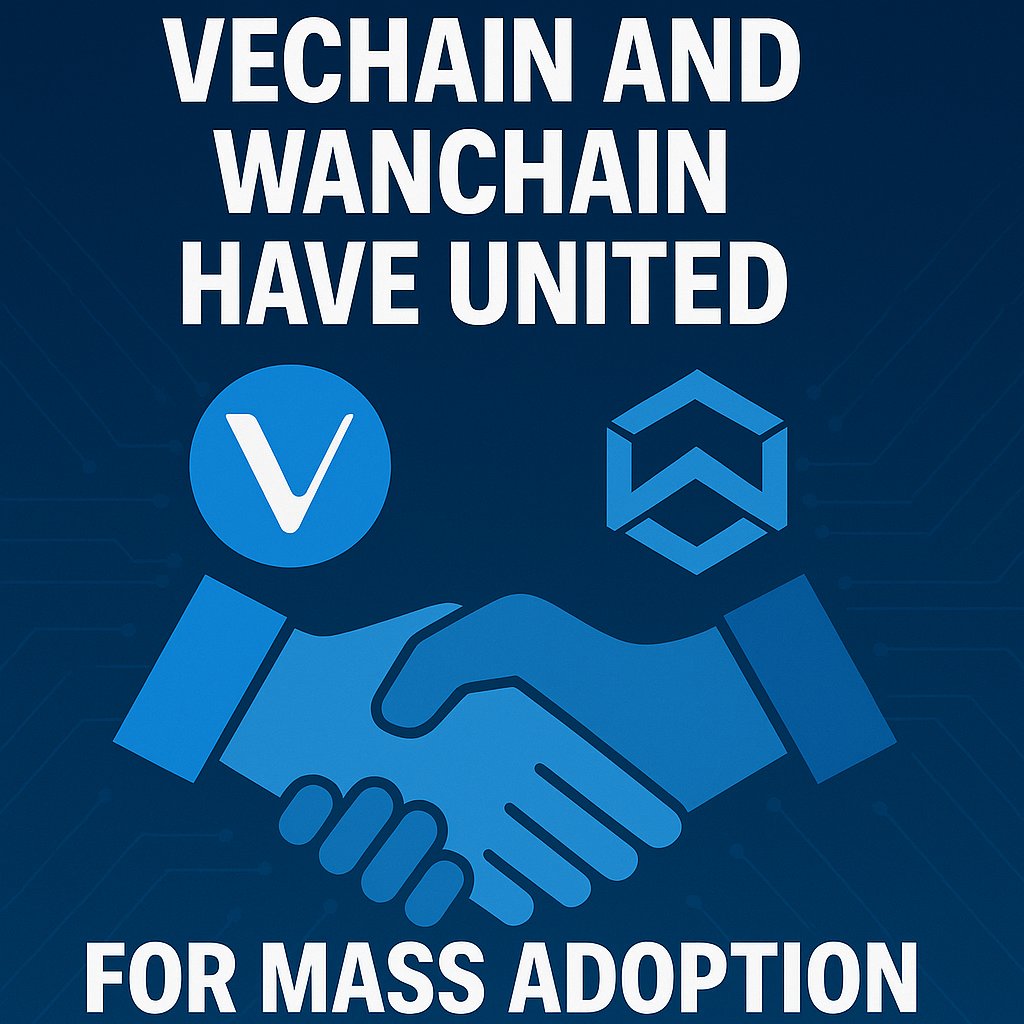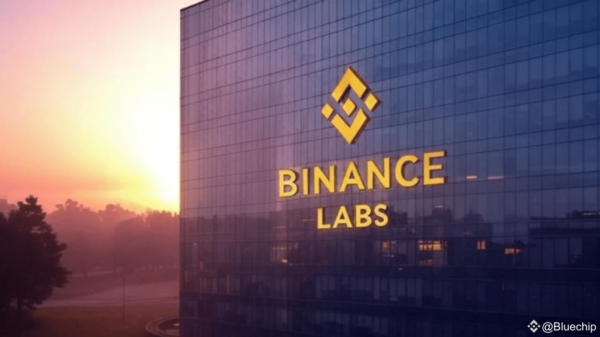VeChain (VET) has taken a substantial step towards completing a transition to a fully interconnected Web3 ecosystem.
On Wednesday, VET announced the launch of its bridge through an integration with interoperability focused blockchain platform, Wanchain, to connect to bitcoin, ethereum and 40 other blockchains.
Users can now bridge assets like bitcoin, ethereum, and USDC into VeChain while transferring VeChain-native assets like VET and VTHO to other networks.
The integration boosts liquidity and utility within the VeChain ecosystem. It supports decentralized finance (DeFi) applications and lets enterprises settle payments in widely trusted digital currencies.
However, this integration goes well beyond just moving tokens between blockchains.
It allows systems to communicate and work together in smarter ways, using common tools like JSON-RPC and the Ethereum Virtual Machine (EVM), which many developers already use. Because of this, payments can now automatically trigger things like updates to carbon tracking records, environmental impact scores, and sustainability data—all in real time. No other blockchain can do this at scale yet.
Instead of chasing hype, VeChain and Wanchain are quietly building a strong, long-lasting foundation for the future of the internet (Web3). They’re focused on making this new digital world trustworthy, programmable, and connected across different systems—and it’s already up and running.
Sunny Lu, founder and CEO of VeChain, emphasized that this move will expand commercial use and speed up Web3 adoption. Additionally, a third-party will thoroughly audit the bridge infrastructure to ensure security and scalability. VeChain also plans to launch incentivized campaigns to reward users for cross-chain transactions.
Read more: The SEC sues Unicoin for fraudulently claiming tokens were backed by Real Estate
Read more: Digital advertiser Thumzup Media joins Russell microcap index
VET works on improving supply chain management
Wanchain uses decentralized bridges to let users move tokens between blockchains without relying on centralized exchanges or custodians.
It employs cryptographic techniques like Secure Multiparty Computation (sMPC) and Shamir’s Secret Sharing to secure key management and bridge functionality.
The platform wraps native assets—such as BTC and ETH—into wanTokens, which users can then move across different chains.
It also runs on Galaxy Consensus, a Proof-of-Stake-based mechanism designed to keep the network decentralized and efficient. In short, Wanchain operates as an interoperability protocol with its own Layer-1 blockchain, supporting DeFi, dApps, and a range of cross-chain use cases.
Further, VET operates as a blockchain platform focused on improving supply chain management and business operations. It integrates blockchain technology with the Internet of Things to deliver transparent, real-time, and tamper-proof data. The system uses a two-token model. VET serves as a store of value and is used for staking. Conversely, VTHO pays transaction fees and users generate it automatically by holding VET.
VeChain runs on a Proof of Authority consensus mechanism, which generates new coins based on a small group of validators. This design increases speed and energy efficiency compared to Bitcoin’s Proof of Work.
Furthermore, VeChain offers ToolChain, a Blockchain-as-a-Service platform. It allows businesses to deploy blockchain tools without deep technical knowledge. Developers can also use VeChain to build decentralized applications for logistics, finance, carbon tracking, and more.
Read more: The SEC sues Unicoin for fraudulently claiming tokens were backed by Real Estate
Read more: Department of Justice is looking into Coinbase after bribery scandal in India
Multiple big name partnerships
The platform’s features support a wide range of industries. For example, companies use VeChain for tracking luxury goods, wine, and food to prevent counterfeiting. In healthcare, it helps secure medical data and trace vaccines. In the automotive sector, VeChain collaborates with BMW to monitor car data and maintenance records.
Walmart China uses its tech to ensure food safety and traceability. DNV supports assurance and auditing on the platform, while PwC helps integrate VeChain solutions for its clients. Additionally, BMW uses VeChain in its VerifyCar app to track vehicle history.
.












